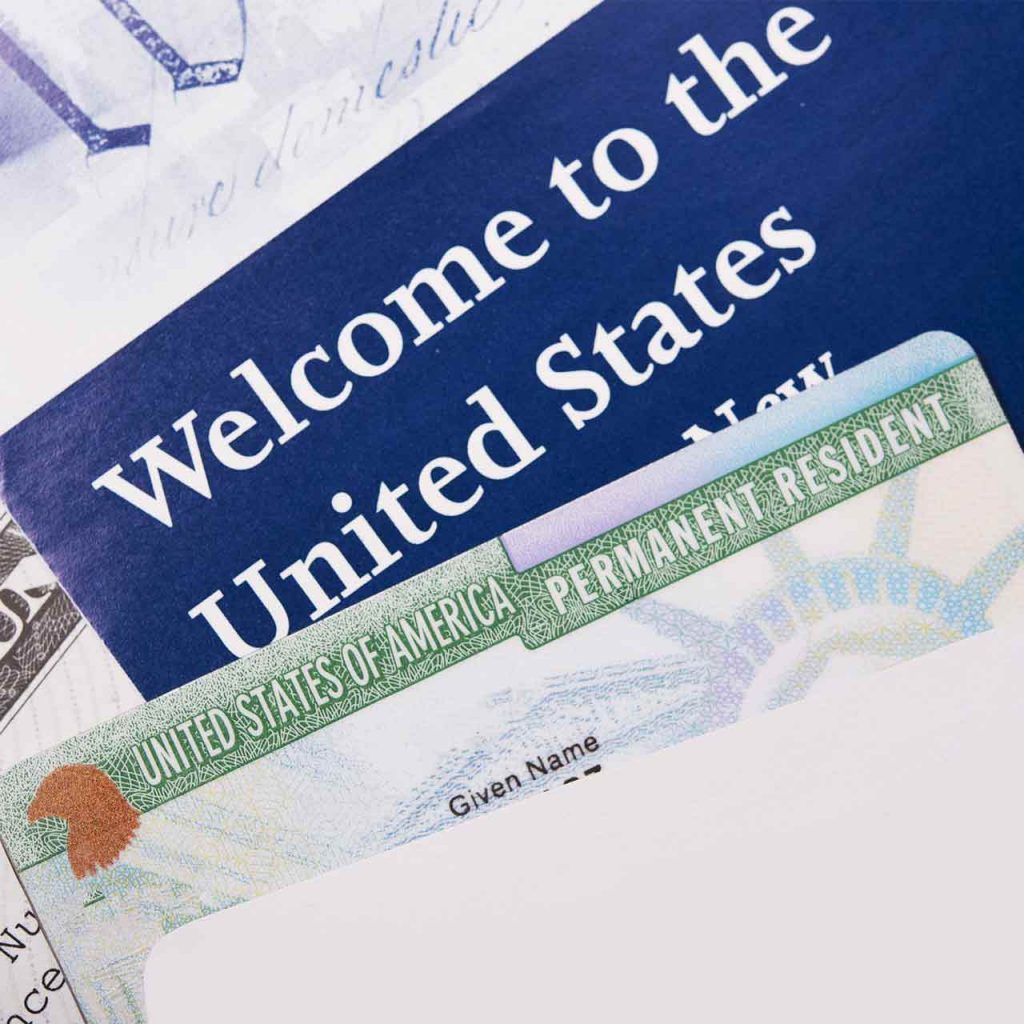The H-1B visa is for specialty occupations and is meant for professional positions. The defining requirement for this category is a college or a university degree or the foreign equivalent. In certain circumstances an applicant may qualify based on experience.
Examples of professional workers who fall within this category include: computer software engineers, architects, accountants, pharmacists, researchers, lawyers, and physicians.
To obtain a H-1B visa, the employer must submit two filings. First, the employer must file an application with the Department of Labor that lays out basic information about the proposed employment such as rate of pay, period of employment, and work location. The employer must also make certain attestations. Once the application is approved by the Department of Labor, the employer must then file a petition with U.S. Citizenship and Immigration Services.
Those with a H-1B visa are initially allowed to remain in the United States for three years and may receive an extension for up to three years, for a maximum stay of six years. There are exceptions for those who are waiting for an immigrant visa (green card). For these reasons, many H-1B nonimmigrants use their visa as a stepping stone to begin the process of acquiring an employment-based permanent immigrant visa, also known as a green card. It allows the H-1B holder to work in the United States while he or she waits for an immigrant visa. It also provides employers a three-year period to determine if they would like to petition for an employee.
Because there is a cap on the number of H-1B visas, it is important for employers to file petitions ON April 1, if possible.
An H-1B holder’s spouse and unmarried, minor children may apply for a visa under the H-4 category to accompany or join the H-1B holder. H-4 holders are not allowed to work, except under certain circumstances, but may open bank accounts and obtain a driver’s license. H-4 holders may also attend school.

